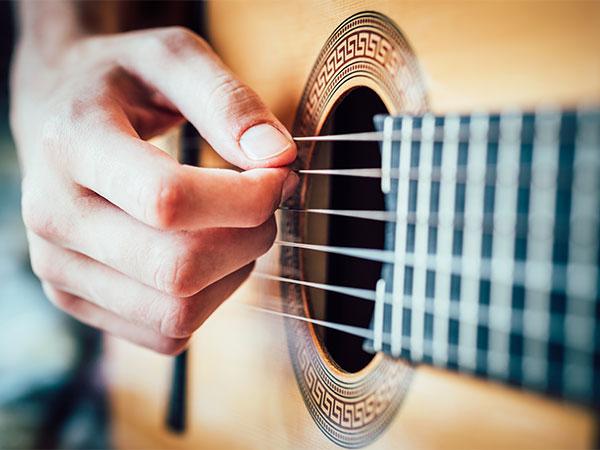1. Practice regularly: Consistency is key when it comes to improving your guitar playing. Set aside dedicated time each day to practice, and try to stick to a consistent schedule. Even if you can only spare a few minutes each day, practicing regularly will help you make steady progress over time.
2. Learn the basics: Before you can play more advanced pieces, it’s important to master the basics of guitar technique. This includes proper hand positioning, finger placement, and strumming. Take the time to learn these basics well, as they form the foundation for all future guitar playing.
3. Study different styles: Familiarizing yourself with different styles of music can help you develop a diverse skill set and a better understanding of the guitar. For example, learning classical guitar techniques can help you improve your fingerstyle playing, while studying flamenco can help you improve your strumming technique.
4. Learn music theory: Understanding music theory can help you understand how different chords, scales, and arpeggios work together to create beautiful music. This knowledge can help you create your own music and improvise more effectively.
5. Listen to professional guitarists: Listening to recordings of professional guitarists and studying their techniques can give you ideas and inspiration for your own playing. Pay attention to their phrasing, dynamics, and overall style, and try to incorporate some of these elements into your own playing.
6. Take lessons: Taking lessons from a professional guitar teacher can provide you with personalized instruction and guidance to help you improve your playing. A teacher can help you identify areas for improvement, correct bad habits, and give you feedback on your technique.
7. Record yourself: Recording your playing can help you identify areas for improvement and track your progress over time. Listen to your recordings critically, and make note of any areas where you need to improve.
Classical Guitar











